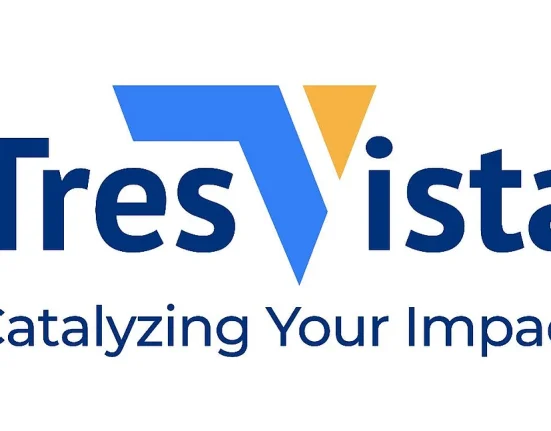Financing is important to businesses planning for expansion, handling cash flow challenges, or investing in new opportunities. Many business owners often opt for external financing at different stages of their business. A business loan is a preferred financial product that tends to provide necessary funding when internal funds are unavailable. Business loan products are typically created with some terms and structures for different business needs. The articles cover all important aspects and concepts pertaining to business loans in detail.
What is a Business Loan?
A business loan is a sum that is often given by financial institutions with an agreement for repayment over an agreed time. This loan amount often comes with interest rates that a borrower must pay along with the principal (borrowed) amount. These loans may help businesses to fund different business activities.
Various financial institutions, such as banks, non-banking financial companies (NBFCs), among others, provide business loans. Eligibility criteria of different lenders differ across documentation requirements and processes. Generally, one is required to submit financial statements, business plans, and any requested collateral for their application to lenders.
Types of Business Loans
The following are several types of business loans:
Term Loans
Term loans provide a lump sum amount that businesses must repay over a set time. The payment plan often includes regular instalments for both the principal amount and interest. These loans may work well for long-term investments like buying property or equipment.
The interest rate for term loans changes based on the loan amount, length, and the borrower’s credit history. Lenders often give reasonable rates to borrowers with good financial records and established businesses.
Working Capital Loans
Working capital loans tend to help businesses manage everyday expenses. These short-term loans fill temporary fund gaps and keep businesses running smoothly. The business loan interest rate for working capital loans tends to be increased than term loans because they are short-term. However, they provide immediate financial relief for urgent operational needs.
Equipment Financing
Equipment financing is meant for buying machinery, vehicles, or technology. The equipment itself often counts as collateral, which may lead to lower interest rates than unsecured loans. These loans typically match the expected useful life of the equipment, letting businesses spread the cost over the asset’s productive period. This type of financing may prevent large capital payments and keep finance available for other business needs.
Understanding Business Loan Interest Rates
The business loan interest rate affects total borrowing costs. These rates can be fixed or floating, each comes with different benefits.
Fixed rates stay the same throughout the loan period, making payment planning easier. Floating rates, tied to a standard rate, might change over time. This may cause changes in monthly payments.
Several factors that determine the might include:
-
Credit Score: Lenders look at the creditworthiness of both the business and its owners
-
Business Age: Older businesses with good records typically get reasonable interest rate terms
-
Industry Type: Some industries are seen as riskier than others, which may affect the interest rate offered to you.
-
Loan Amount and Tenure: Bigger loan amounts or longer payment periods may affect the rate.
Fees and Additional Costs
Beyond the business loan interest rate, borrowers should think about other costs that affect the total expense. This may include:
-
Processing Fees: Charges for handling the loan application and papers
-
Administration Fees: Ongoing charges for managing the loan account
-
Late Payment Penalties: Fees are charged when payments are delayed
-
Insurance Premiums: Some lenders require loan protection insurance
Benefits of Business Loans
Business loans offer several advantages to growing enterprises:
-
Growth Funding: Finance expansion plans, new locations, or market entry
-
Cash Flow Management: Bridge gaps in seasonal businesses or during slow periods
-
Equipment Purchase: Acquire necessary tools without depleting cash reserves
-
Inventory build-up: Purchase stock to meet increased demand or seasonal needs
-
Credit Building: Responsible loan repayment helps build business credit history
How to Apply for a Business Loan?
The business loan process generally involves the following steps:
-
Preparation: Gather all needed documents like financial statements, tax returns, and business plans
-
Research: Compare different lenders and their loan products to find the right fit
-
Pre-qualification: Some lenders often offer pre-qualification to check likely approval without affecting the credit score
-
Application Submission: Complete and submit the loan application with all required documents
-
Review: Lenders review the application and may ask for more information
-
Approval and Disbursement: If approved, review the terms before accepting and receiving funds
Conclusion
A business loan can be a vital financial resource for businesses exploring growth plans or operational expenses. Understanding the key concepts behind funding instruments may help business owners make informed decisions that match their financial goals and repayment abilities. Before applying, businesses should carefully check their repayment capacity, compare offers from multiple lenders, and review all terms and conditions. This thoughtful approach might ensure that the chosen financing solution supports the business’s current needs and future aspirations.







